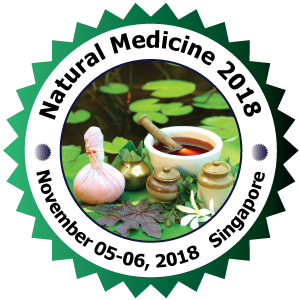
Jiwon Choi
Yonsei University, Seoul, Korea
Title: Natural products used as a chemical library for protein-protein interaction targeted drug discovery
Biography
Biography: Jiwon Choi
Abstract
Protein–protein interactions (PPIs), which are essential for cellular processes, have been recognized as attractive therapeutic targets. Therefore, the construction of a PPI-focused chemical library is an inevitable necessity for future drug discovery. Natural products have been used as traditional medicines to treat human diseases for millennia; in addition, their molecular scaffolds have been used in diverse approved drugs and drug candidates. The recent discovery of the ability of natural products to inhibit PPIs led us to use natural products as a chemical library for PPI-targeted drug discovery. In this study, we collected natural products (NPDB) from non-commercial and in-house databases to analyze their similarities to small-molecule PPI inhibitors (iPPIs) and FDA-approved drugs by using eight molecular descriptors. Then, we evaluated the distribution of NPDB and iPPIs in the chemical space, represented by the molecular fingerprint and molecular scaffolds, to identify the promising scaffolds, which could interfere with PPIs. To investigate the ability of natural products to inhibit PPI targets, molecular docking was used. Then, we predicted a set of high-potency natural products by using the iPPI-likeness score based on a docking score-weighted model. These selected natural products showed high binding affinities to the PPI target, namely XIAP, which were validated in an in vitro experiment. In addition, the natural products with novel scaffolds might provide a promising starting point for further medicinal chemistry developments. Overall, our study shows the potency of natural products in targeting PPIs, which might help in the design of a PPI-focused chemical library for future drug discovery.

